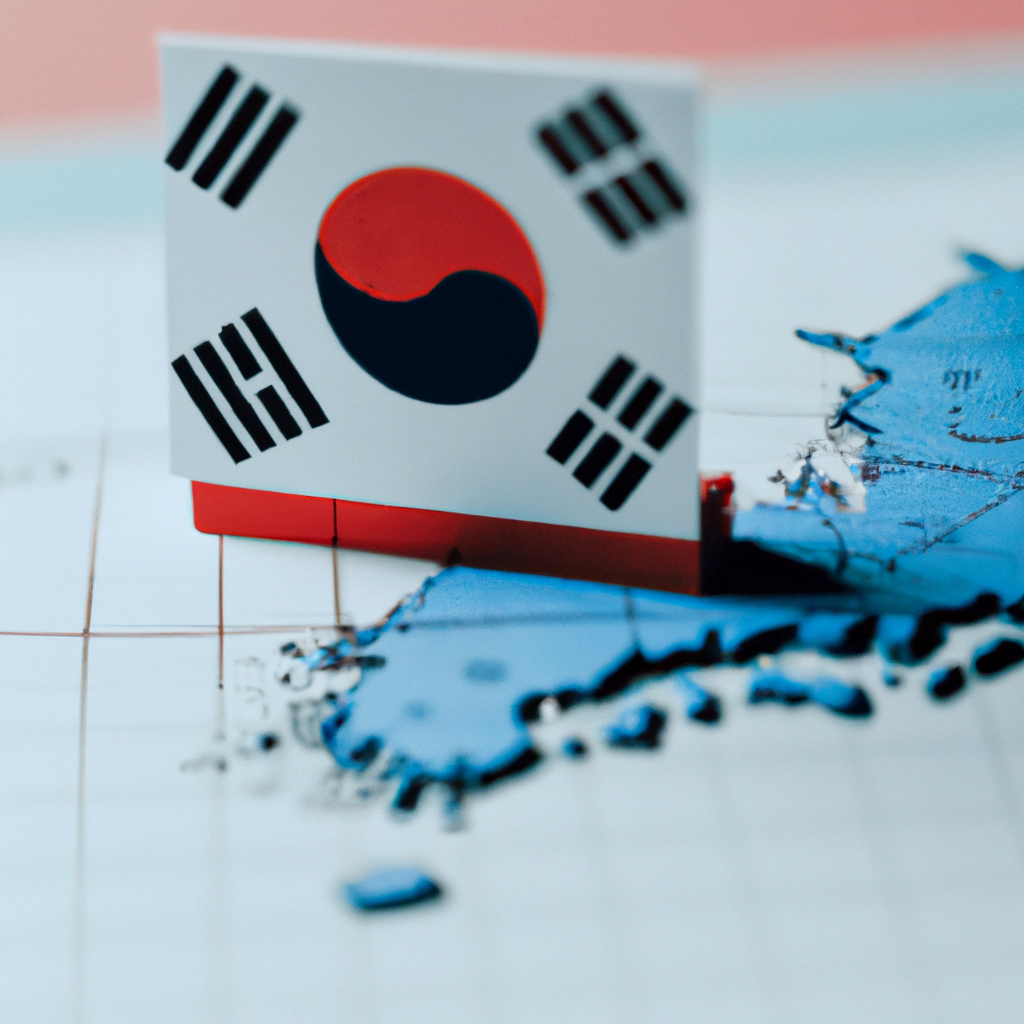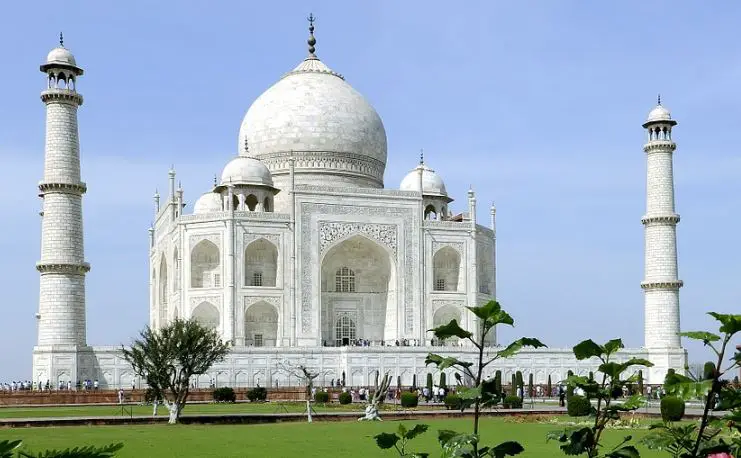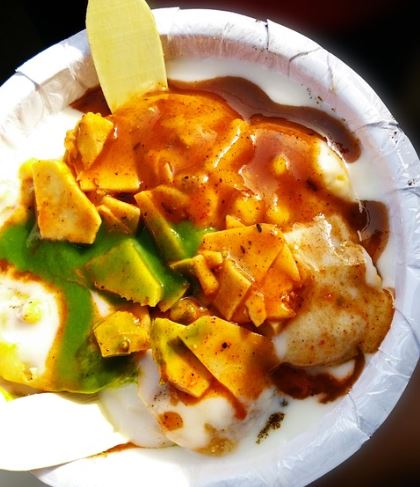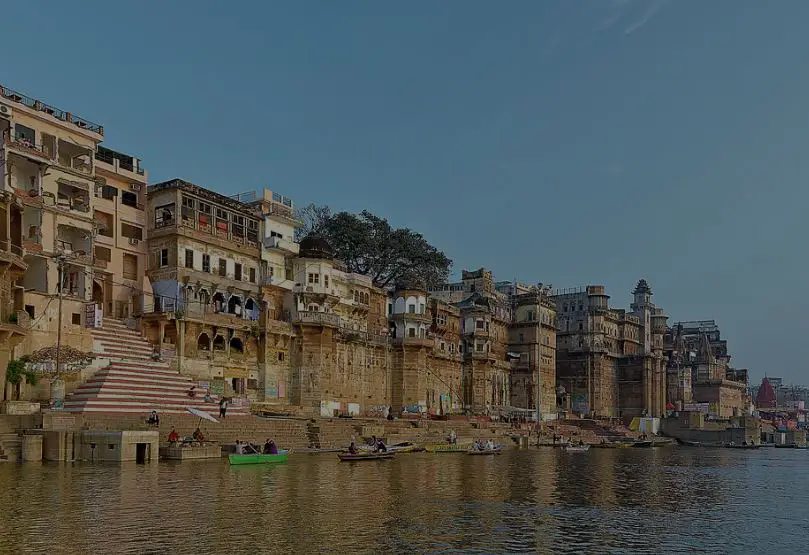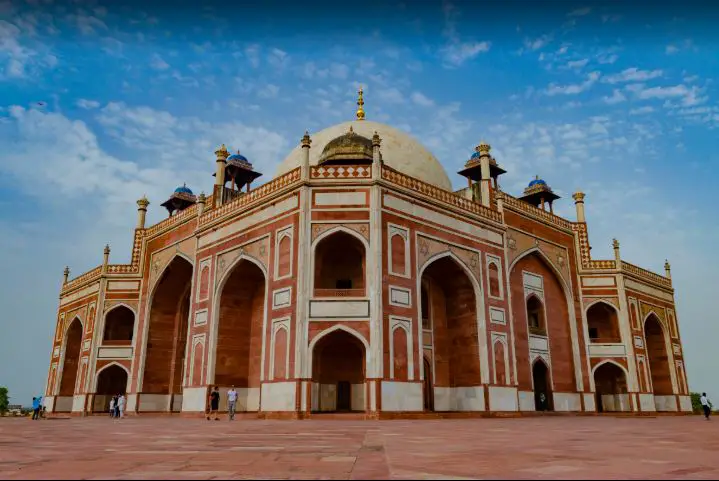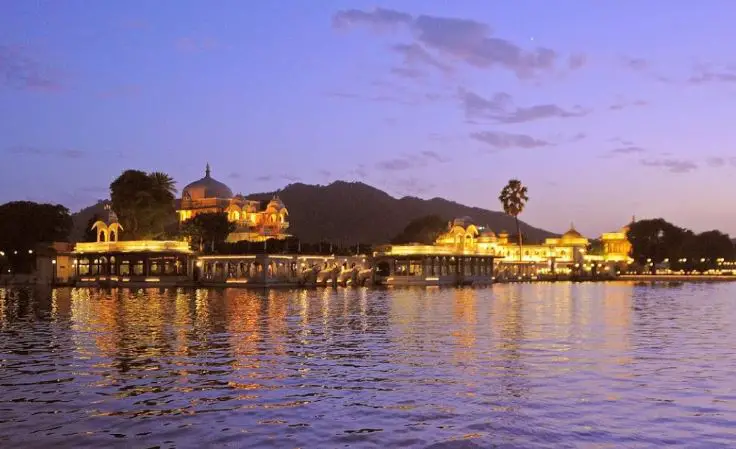What are the highlights of Jeju Island?
Post ByAdequate Travel
Summary
Jeju Island, the largest island in South Korea, is a popular destination for both tourists and locals alike. From amazing beaches, unique landscape, and excellent activities, there are plenty of highlights to explore on this beautiful island. In this blog post, we'll take a look at some of the must-see attractions on Jeju Island. Travellers can find valuable travel information for tourists, such as local customs, must-see attractions, and dining recommendations, to make the most of their trip.1. Beautiful Beaches
Jeju Island is renowned for its stunning beaches that offer picturesque views and crystal-clear waters. Some of the most popular beaches include:
- Hyeopjae Beach: Known for its white sand and beautiful sunsets, this beach is perfect for swimming and enjoying water sports.
- Jungmun Saekdal Beach: With its unique black volcanic sand and dramatic cliffs, this beach is a favorite among photographers and nature lovers.
- Gwakji Gwamul Beach: This hidden gem features emerald-colored water and is more secluded, providing a peaceful and relaxing atmosphere.
2. UNESCO World Heritage Sites
Jeju Island is home to several UNESCO World Heritage Sites, showcasing its rich cultural and natural heritage. Notable examples include:
- Hallasan National Park: The highest mountain in South Korea, offering various hiking trails and stunning panoramic views.
- Seongsan Ilchulbong Peak: A volcanic crater formed over 4,000 years ago, known as "Sunrise Peak" due to its breathtaking sunrise views.
- Manjanggul Cave: One of the longest lava tunnels in the world, providing a unique underground exploration experience.
3. Unique Volcanic Landscapes
Jeju Island is of volcanic origin, resulting in surreal landscapes that attract visitors from all over the world. Some notable volcanic sites include:
- Jusangjeolli Cliffs: Hexagonal rock formations created from lava, offering a dramatic coastal view.
- Jeongbang Waterfall: The only waterfall in Asia that falls directly into the ocean, surrounded by volcanic rocks.
- Yongduam Rock: Also known as "Dragon Head Rock," this natural rock formation resembles the head of a dragon and is a popular symbol of the island.
4. Cultural Attractions
Jeju Island boasts a rich cultural heritage with various attractions that showcase its traditions and history. Some highlights include:
- Jeju Folk Village Museum: A living museum displaying traditional houses, tools, and various cultural artifacts.
- Jeju Haenyeo Museum: Dedicated to the female divers, known as "haenyeo," who dive for seafood without the use of modern equipment.
- Yakcheonsa Temple: A beautiful Buddhist temple offering a tranquil atmosphere and stunning architectural details.
5. Unique Cuisine
Jeju Island has its own distinct cuisine, influenced by its geographical location and local ingredients. Some must-try dishes include:
- Jeju Black Pork: Known for its tender and flavorful meat, often served barbecued or in stews.
- Abalone Porridge: A nutritious and delicious dish made with locally caught abalone and rice.
- Hallabong: A type of sweet and juicy citrus fruit unique to Jeju Island, often used in desserts and beverages.
